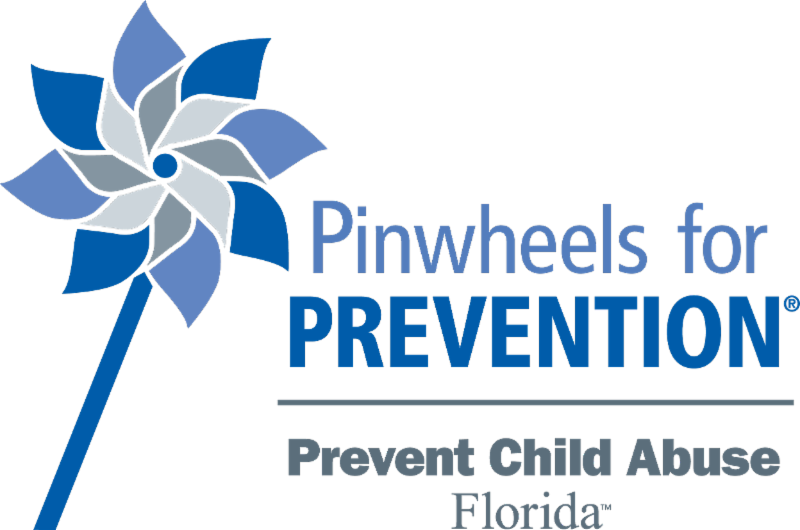Reporting Misconduct
Florida Statutes And Rules
Florida Statutes s. 1006.061 states all employees and agents of the district school board, charter schools and private schools that accept scholarship students, have an obligation to report misconduct by an instructional personnel member or school administrator
Florida Statutes s. 1012.33 outlines disciplinary procedures regarding district employment contracts with instructional personnel staff, supervisors and school principals
Florida Statutes s. 1012.795 provides the Education Practices Commission the authority to issue disciplinary action against an individual’s Florida Educator certificate
Florida Statutes s. 1012.796 provides authority for the Department of Education to investigate and prosecute allegations of educator misconduct
Florida Statute s. 1012.01 defines public school instructional personnel, administrative personnel, school volunteers, education support employees and managers
State Board of Education Rule 6B-1.001 defines the Code of Ethics of the Education Profession in Florida
State Board of Education Rule 6B-1.006 defines the Principals of Professional Conduct of the Education Profession in Florida
How to Report Misconduct
Report allegations or suspicion of misconduct by an instructional personnel member to your school administrator or district contact
Report allegations or suspicion of misconduct by your school administrator to your district contact
Document the activities or details of the event.
Secure evidence (if applicable)
If someone tells you about misconduct, be a LEADER:
Listen
Evaluate
Act immediately
Document
Encourage
Report
Who Should Report Misconduct?
All employees and agents of a district school board, charter school or private school have a duty to report misconduct. If you are aware of or observe misconduct REPORT IT IMMEDIATELY!
Who Should You Report?
Classroom teachers
Paraprofessionals
Substitute teachers
Librarians, guidance counselors and social workers
Career specialists and school psychologists
Principals, Assistant Principals and Deans
Failure to Report Misconduct
Possible penalties for instructional personnel or site administrators who fail to report misconduct may include:
Written Reprimand
Suspension with or without pay
Termination of employment
Discipline/Sanctions on an educator’s certificate
What Should be Reported?
Being alone with a student in dark or closed room or secluded area
Behaving in an overly friendly or familiar way or failing to maintain an appropriate professional boundary with a student
Using forceful or unnecessary physical contact with a student
Administering discipline not compliant with district policy
Accepting or offering of gifts for return of a favor or privilege from students or colleagues
Badgering or habitually teasing a student
Mocking or belittling a student
Chronically embarrassing a student
Displaying prejudice or bigotry against a student
Suspicion of being under the influence of drugs or alcohol
Failing to properly supervise students or to ensure student safety
Cheating, falsifying information or testing violations
Retaliating against a student or colleague for reporting misconduct
Bantering or engaging in colloquial or slang communications with a student
Directing or using profane, offensive, or explosive language in the presence of students
Making lewd or suggestive comments or overtures toward a student or colleague
Apply the litmus test
If you feel uncomfortable
If you question the person’s motives or actions
If you are unsure
Child Abuse
Look for the Patterns
Serious abuse usually involves a combination of factors. While a single sign may not be significant, a pattern of physical or behavioral signs is a serious indicator and should be reported.
If a child tells YOU about abuse:
Be a good listener. Show that you understand and believe what the child tells you. Encourage, but don’t pressure him/her to talk. Ask open ended questions.
Be supportive. Tell the child he/she did the right thing by coming to you. Stress that he/she is not to blame. Let the child know that you want to help.
Don’t overreact. This can frighten the child or prevent him/her from telling you more. Do not talk negatively about the suspected abuser in front of the child.
Document and report it. Document your conversation as soon as you can. If possible, write down the child’s exact words.
Don’t delay. Never assume someone else will report the abuse. The sooner it’s reported, the sooner the child and their family can be helped.
A child experiencing sexual abuse may:
have unusual knowledge of sex or act seductively
fear a particular person
seem withdrawn or depressed
gain or lose weight suddenly
shy away from physical contact
run away from home
Signs of Neglect
The child may have:
unattended medical needs
little or no supervision at home
poor hygiene
appear underweight
A child experiencing neglect may:
be frequently tired or hungry
steal food
appear overly needy for adult attention
Signs of Physical Abuse
The child may have unexplained:
bruises, welts, cuts, or other injuries
broken bones
burns
A child experiencing physical abuse may:
seem withdrawn or depressed
seem afraid to go home or may run away
shy away from physical contact
be aggressive
wear inappropriate clothing to hide injuries
Signs of Sexual Abuse
The child may have:
torn, stained or bloody underwear
trouble walking or sitting
pain or itching in genital area
a sexually transmitted disease
FOR FURTHER INFORMATION:
Seminole County District
400 East Lake Mary Blvd. Sanford, FL 32773-7127
Main Number: 407-320-0000
Walt Griffin, Superintendent
Phone: 407-320-0006
Fax: 407-320-0281
E-mail: walt_griffin@scps.k12.fl.us
Main Number: (407) 320-0006
WHO MUST REPORT ABUSE?
Doctors
Nurses
Social Workers
Police Officers
Child Care Workers
Any Witnesses
Any/All School Personnel
Call or Report it online at: http://www.dcf.state.fl.us/abuse/report
What Should be Reported?
Being alone with a student in dark or closed room or secluded area
Behaving in an overly friendly or familiar way or failing to maintain an appropriate professional boundary with a student
Using forceful or unnecessary physical contact with a student
Administering discipline not compliant with district policy
Accepting or offering of gifts for return of a favor or privilege from students or colleagues
Badgering or habitually teasing a student
Mocking or belittling a student
Chronically embarrassing a student
Displaying prejudice or bigotry against a student
Suspicion of being under the influence of drugs or alcohol
Failing to properly supervise students or to ensure student safety
Cheating, falsifying information or testing violations
Retaliating against a student or colleague for reporting misconduct
Bantering or engaging in colloquial or slang communications with a student
Directing or using profane, offensive, or explosive language in the presence of students
Making lewd or suggestive comments or overtures toward a student or colleague
Apply the litmus test
If you feel uncomfortable
If you question the person’s motives or actions
If you are unsure
Florida Department of Education
Office of Professional Practices Services
Turlington Building
325 West Gaines Street
(850)245-0438
Email: www.myfloridateacher.com





